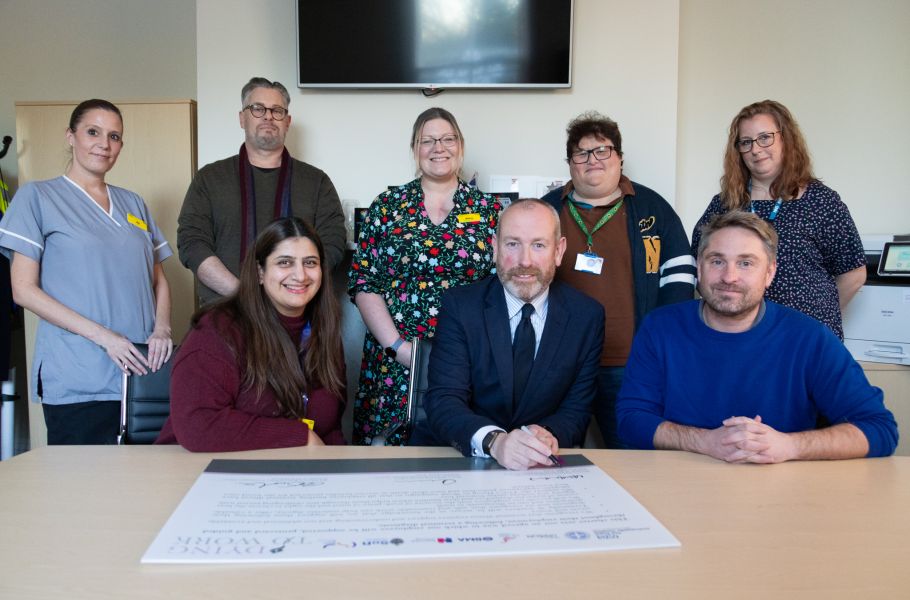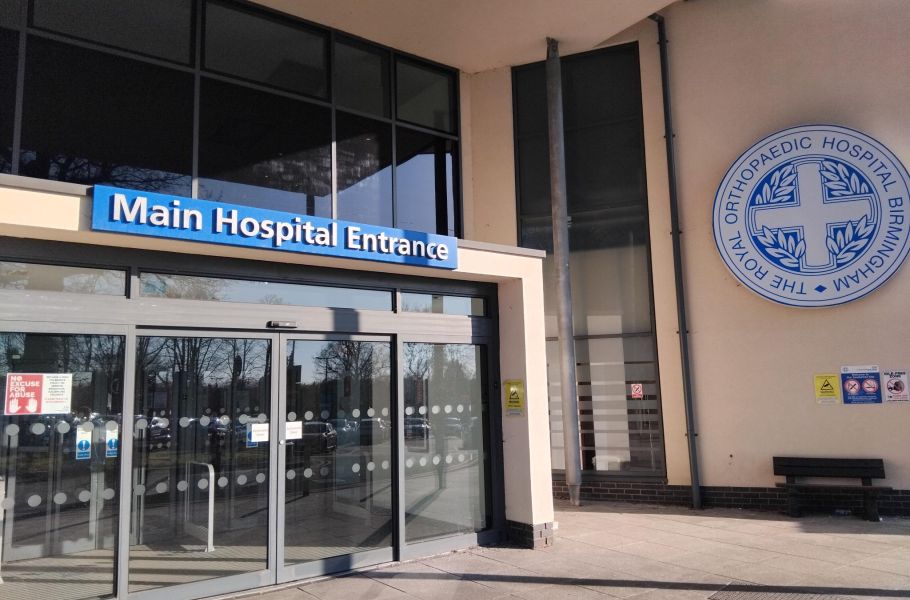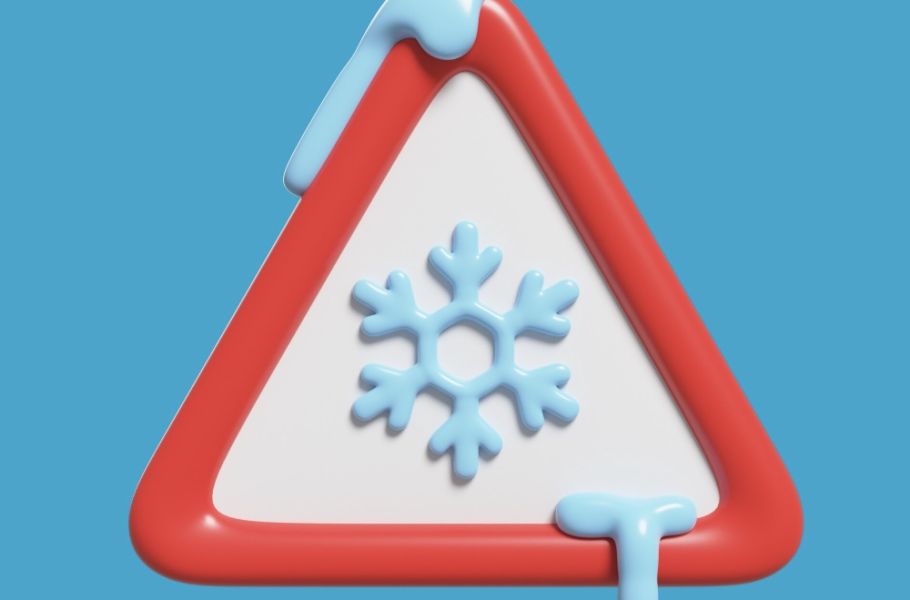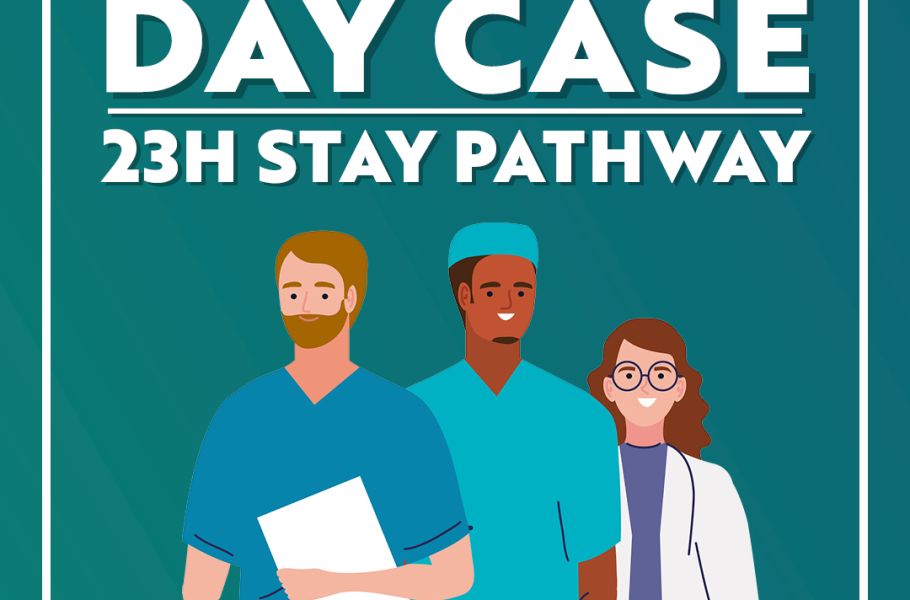Getting your bloods taken at hospital
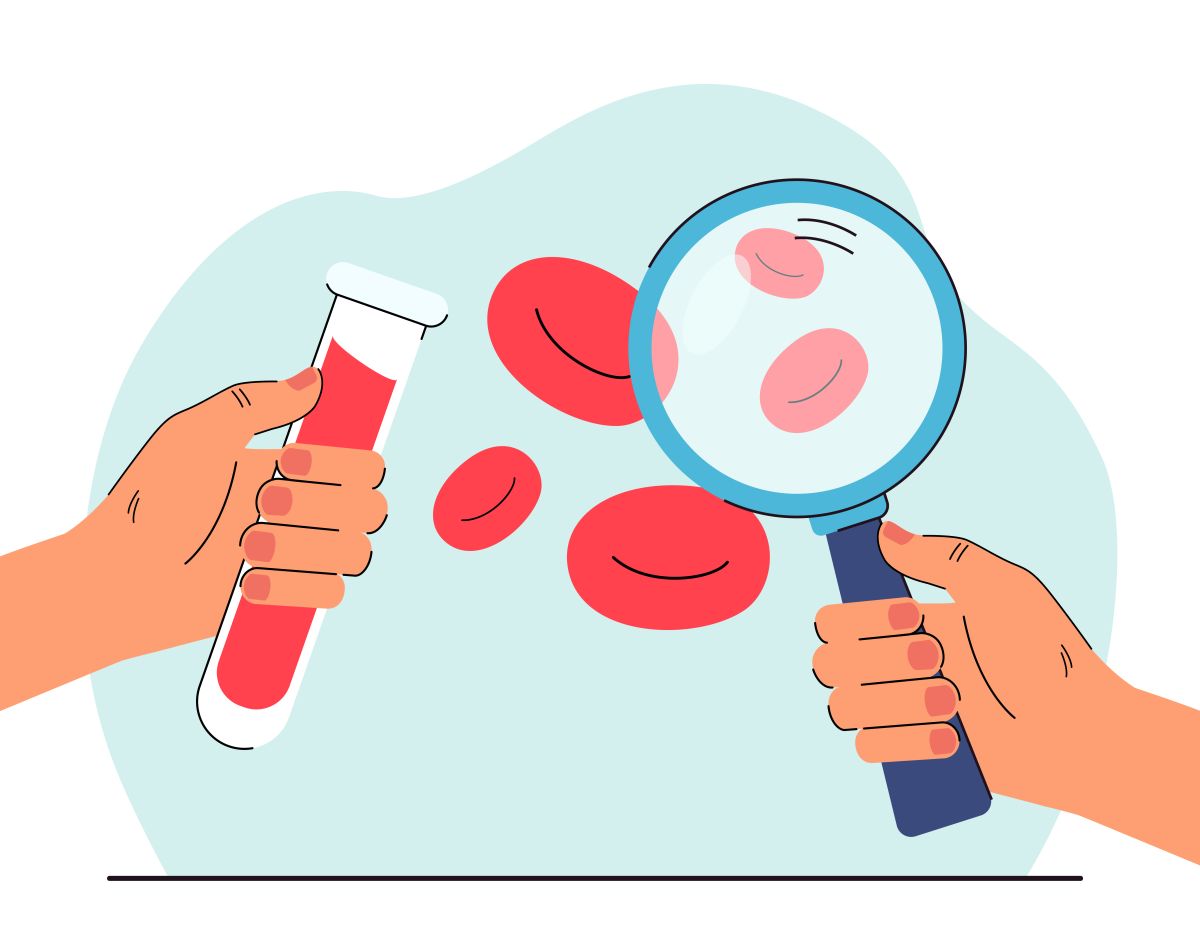
Phlebotomy is the practice of drawing blood for diagnosing and monitoring patients. It allows healthcare professionals to gain vital information about your health, enabling them to diagnose diseases, monitor conditions, and develop effective treatment plans. The main role of a phlebotomist is taking bloods safely and making the patient as comfortable as possible. Donna has been a phlebotomist for 14 years. She shares more about her role and her top tips for making your blood test as easy as possible.
We help you feel relaxed as we may be the first medical professional you see during your outpatient appointment. We ensure you understand what happens during a blood test and we help to reassure you throughout. While the main role of a phlebotomist is to take blood samples, there are also other lesser-known duties we handle such as collecting urine samples for detection and diagnosis of medical conditions. My interest in phlebotomy stems from my passion for healthcare as well as diagnosing and treating patients. I'm drawn to the ability to directly contribute to patient care and help individuals get the treatment they need.
If you’re worried about getting a blood test, here are my tips:
- Comfortable clothing and keep yourself warm. Wear loose/stretchable long sleeves or if you’re wearing a jumper, make sure to have a vest underneath so the jumper can be removed. It’s important to keep your body warm before a blood draw as this can make your veins more visible and easier to access.
- Hydrate. Veins may be hard to find due to dehydration and other conditions or past injuries but drinking water can help by improving blood flow, making your veins more accessible.
- Communication. Inform the phlebotomist if you have any conditions that affect blood flow or if you have previously experienced problems following blood collection. This way the phlebotomist can offer you a glass of water, encourage you to massage your arm and to clench your hand.
- Take a deep breath. Stress and anxiety may make veins difficult to spot because the blood vessels in the skin narrow. This makes it difficult to take blood. Deep breathing decreases stress, increases calm and relieves pain. It also helps to dilate (widen) your veins which makes it easier to take blood.
- Consider distracting yourself. Many patients have a fear of needles or blood, which can make the process stressful for both the patient and the phlebotomist. If deep breathing isn't your thing, try distracting yourself by scrolling through your phone or looking at something else. Listening to music by using headphones can help distract you from the procedure and provide a sense of calm. We welcome loved ones to sit beside them for comfort. If you are alone, we always have our compassionate nurses to talk while holding your hands for diversion.
- Inform your phlebotomist if you are allergic to nursing tape or alcohol wipes so we can use soap and water as disinfectant. We advise you to monitor the puncture site for any signs of infection, such as redness, swelling, or pain. Call NHS 111 for advice if you cannot contact your GP.
For more information visit Blood tests - NHS

